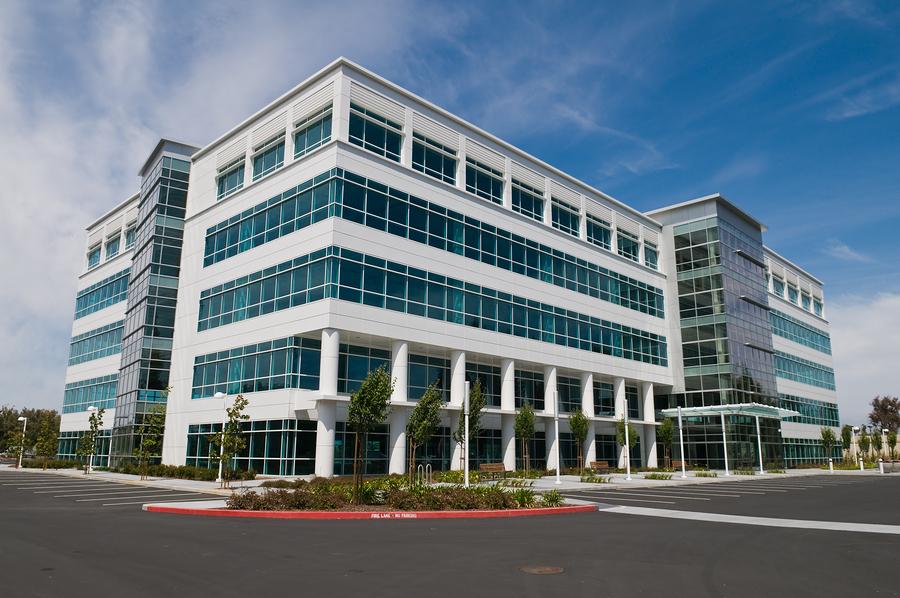
What Is a Piping Engineer?
In terms of engineering disciplines, mechanical engineering consists of the broadest range of applied engineering, and piping engineers are experts in this field. A piping

In terms of engineering disciplines, mechanical engineering consists of the broadest range of applied engineering, and piping engineers are experts in this field. A piping
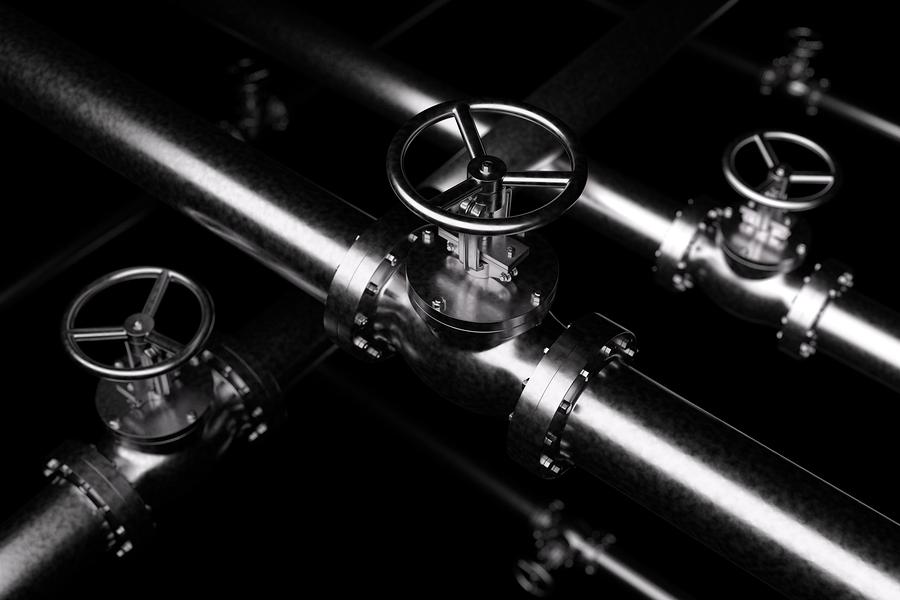
Most piping systems are generally thought of as plumbing. Whenever liquids or other materials pass through pipes for the purpose of supply or disposal, piping
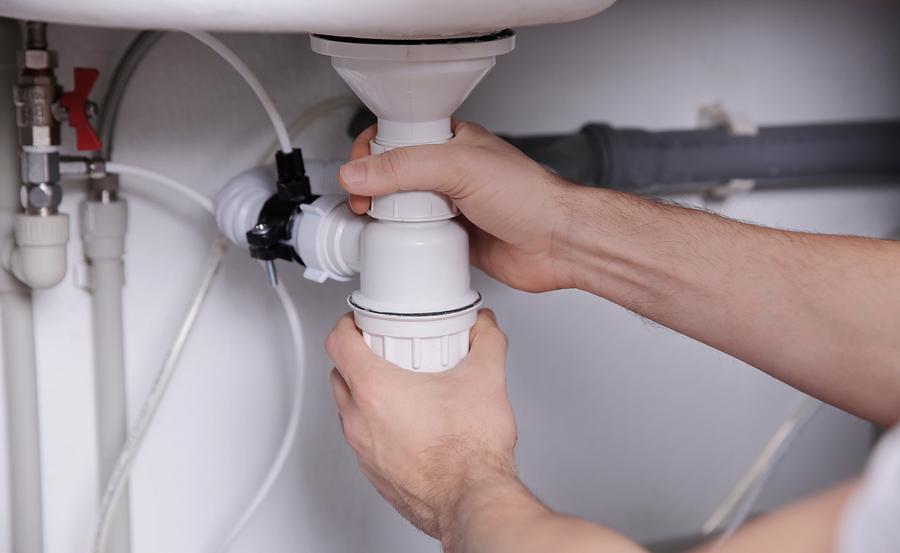
Like many people, you may have a tendency to consider all pipes as being part of plumbing systems. When it comes to process piping, however,
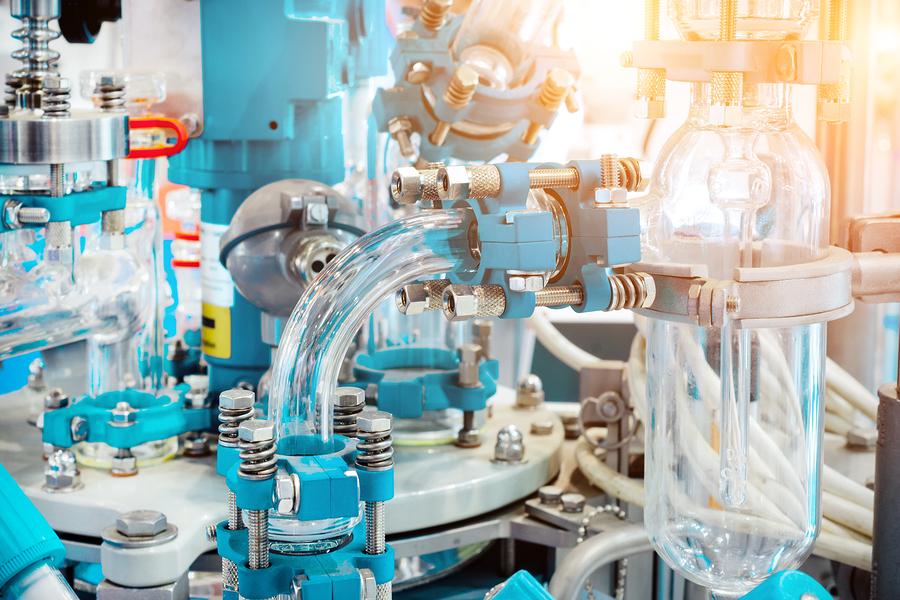
In nearly all buildings, we have plumbing which serves two basic purposes, delivering fresh cold water into the building (which may then be filtered or
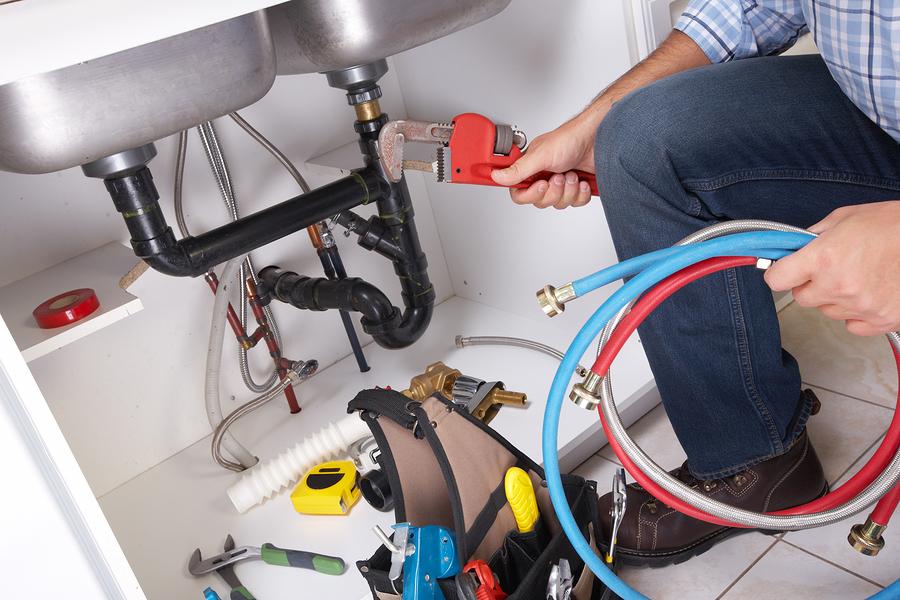
A Piping Engineer is a mechanical engineer with specialized knowledge of Process Piping. He is responsible for understanding the materials being conveyed, the process details
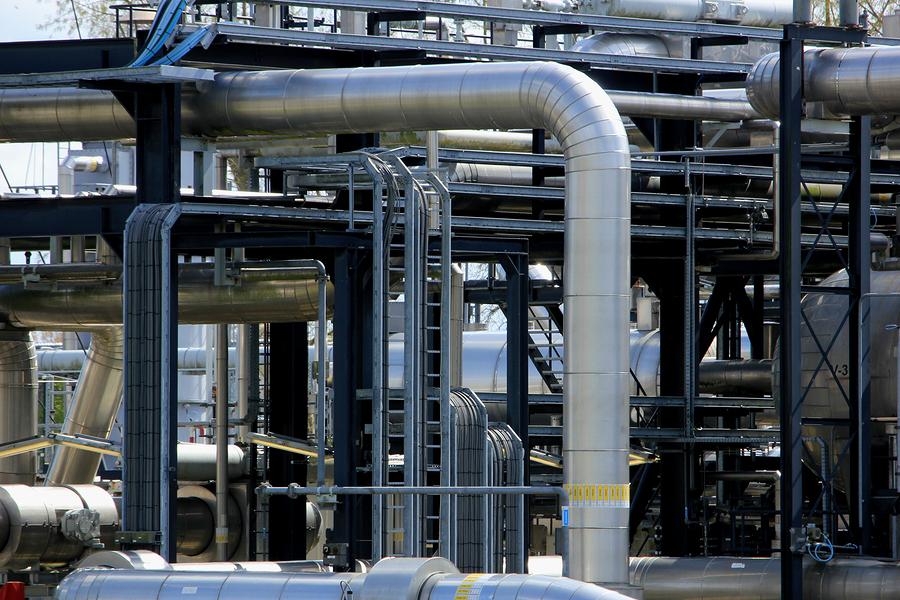
Process Piping is a term used to describe certain parts of the infrastructure within an industrial processing facility. Process Piping includes any system used to

Within a manufacturing plant you will discover numerous types of pipes. Some move water and sewage in and out of the bathrooms. Others pump chemicals
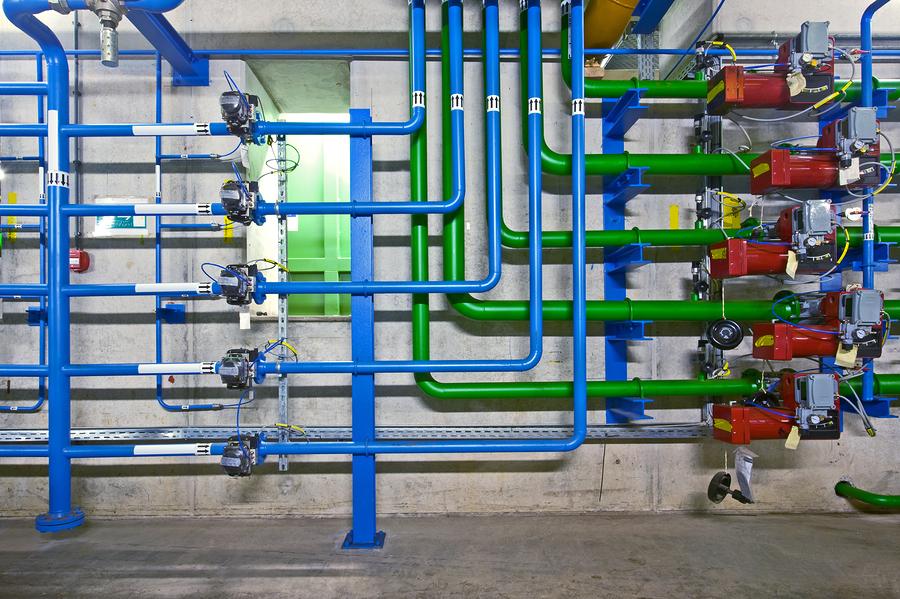
In the world of manufacturing and utilities, there are more pipes installed than those utilized for water and sewage. These lines and their components are

An HVAC system, and its associated piping, is one of the most crucial elements of a residential or commercial building. As a consequence, an HVAC

The materials used to manufacture industrial process piping often differ from those used in traditional pipework due to the differences in regulations and various chemical